
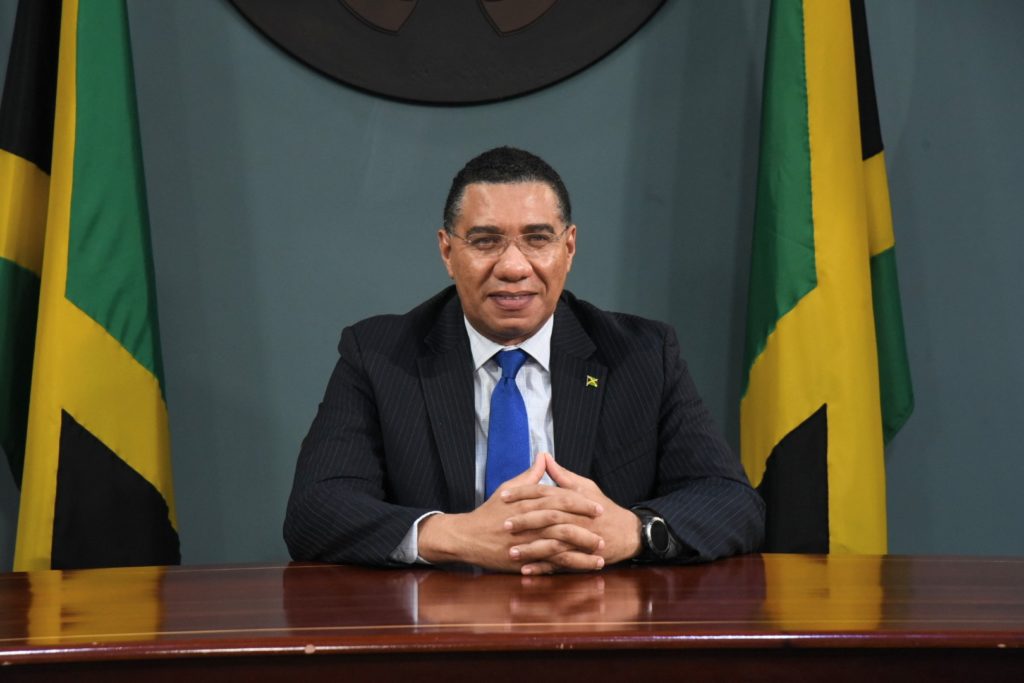
The past year has been filled with challenges, loss and hardship but as a nation, Jamaica is charting a path to recovery, according to Prime Minister Andrew Holness.
The prime minister, in his New Year’s Day (January 1) speech, spoke of several achievements by the Government as well as plans to kickstart the island’s transition to a republic.
See his address in full below:
“I am sure we are all breathing a collective sigh of relief that we made it through one of the most challenging years; globally, nationally, and personally, in our lifetimes.
As Jamaica, like the world, tried to protect our population from the deadly [corona]virus, through measures such as curfews, lockdowns, mask-wearing and vaccination, these very measures which have kept us safe, have also disrupted our social routines, disrupted supply chains, disrupted livelihoods, and imposed on our freedoms.
Globally, supply chain disruptions have caused inflation to rise and locally that has been reflected in price increases, particularly of food. Governments have had to increase public debt in order to increase spending on social protection to cushion the fallout in employment and household income.
In Jamaica’s case, because of prudent management, we built up fiscal buffers and we were able to reallocate resources within our Budget to deliver a record of over J$100 billion of social protection and recovery support without increasing borrowing. I understand that for some listening this may not seem like a big deal, however, in the past, shocks such as a storm, or commodity price shocks as we experienced in the 1970s and ’80s, or a global financial recession as we experienced in 2009, would have precipitated major economic crises with long recovery periods.
As the IMF observed in its recent Concluding Statement on Jamaica, “unlike in the past—the pandemic related shock was not followed by a fiscal, financial, or balance of payments crisis”.
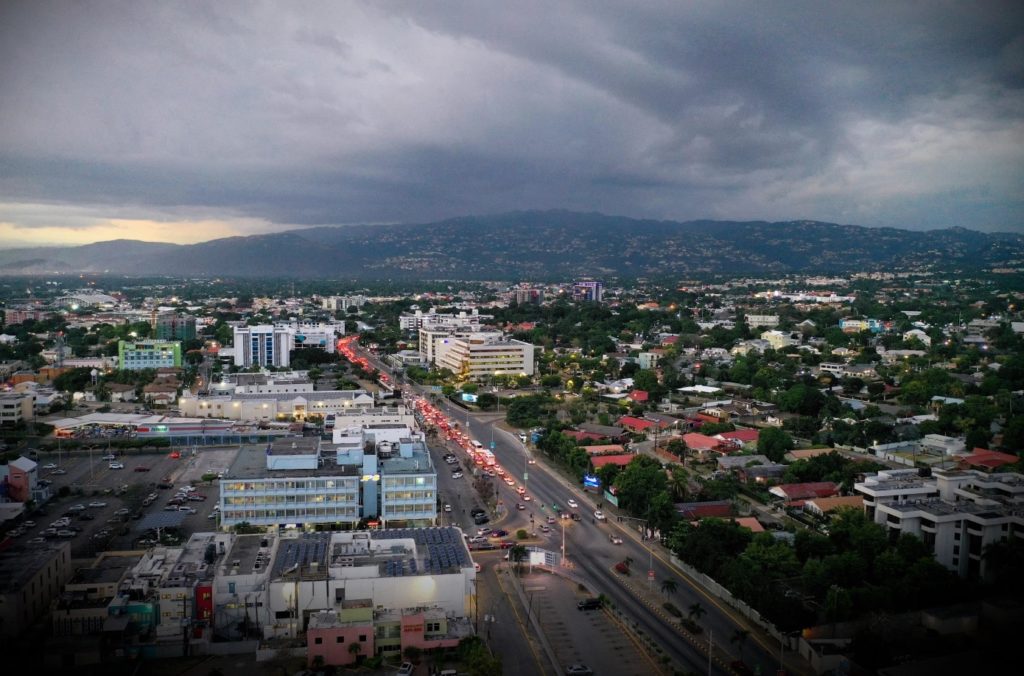
This is a solid testament to the maturing of our economic management, the deepening of our institutions and how far we have progressed in our quest for economic independence. This solid fiscal platform underpins the strong recovery that we are already seeing.
Tourism has rebounded to almost 70 per cent of pre-pandemic levels, employment is rebounding with the return of some 93,000 jobs, and expectations are that the country will record growth of around eight per cent.
While we close out 2021, the challenges and threats to our strong recovery will continue in 2022. As we speak, we are already seeing signs of a fourth wave of infections and increased hospitalisations in Jamaica.
Notwithstanding the diligent preparations that the government has been making in beds and oxygen, in anticipation of a fourth wave, our health system can easily be overwhelmed by a surge in infections. I believe it is widely understood that the country, you, and your family cannot afford another round of lockdowns.
And indeed, it would be an even greater travesty if our children, having already lost over a year, were denied conventional schooling for longer. The Government always stands ready to protect you and care for you if you are ill. However, there is a limit to what any government can do, and Jamaica’s constraints are even more limiting.
After almost two years of the pandemic, you now know what to do to protect yourself and your family.
It is always good advice to eat right, exercise and build your immune system, but specifically to wear your mask, sanitise, physical distance, avoid large gatherings and unnecessary travel, if you are ill with symptoms, get tested, isolate and seek medical treatment, and above all, get immunised. I appeal to all Jamaicans to play their part in securing our recovery. Your health and your livelihood are in your hands.

This year Jamaica will celebrate 60 years of Independence, our diamond jubilee. It is time for us to start the process of redefining our State as a republic. It is also a time when we should critically reflect on our performance as a nation, assess our strengths and weaknesses, rekindle our dreams and aspirations, ignite passion and zeal to realise our true destiny as a people. We must resolve to ensure that the Republic we will create, will substantively improve the wellbeing and secure the freedom and prosperity of every citizen.
The task for the 60th therefore must be to set the Jamaican Republic on a path where it can actually deliver for its citizens. The current Jamaican State has struggled throughout much of its independent history. Real GDP per capita is at the same level now as it was in 1970, we have lurched from crisis to crisis due to exogenous shocks and endogenous institutional weaknesses.
However, in the last decade, we have embarked on an important exercise in building a strong nation, [which] is having a robust, prudent, and resilient fiscal and monetary system. We would have seen the benefits of this, as I pointed out before, in withstanding the shock of the pandemic.
Building a strong nation means building robust, resilient, connected and smart infrastructure. I am satisfied that we are developing the financial, technical and managerial wherewithal to support an unprecedent expansion in infrastructure in Jamaica, that will improve the convenience and efficiency of everyday life and make every Jamaican proud. Harmony Beach Park in Montego Bay is a perfect example of infrastructure improving quality of life.
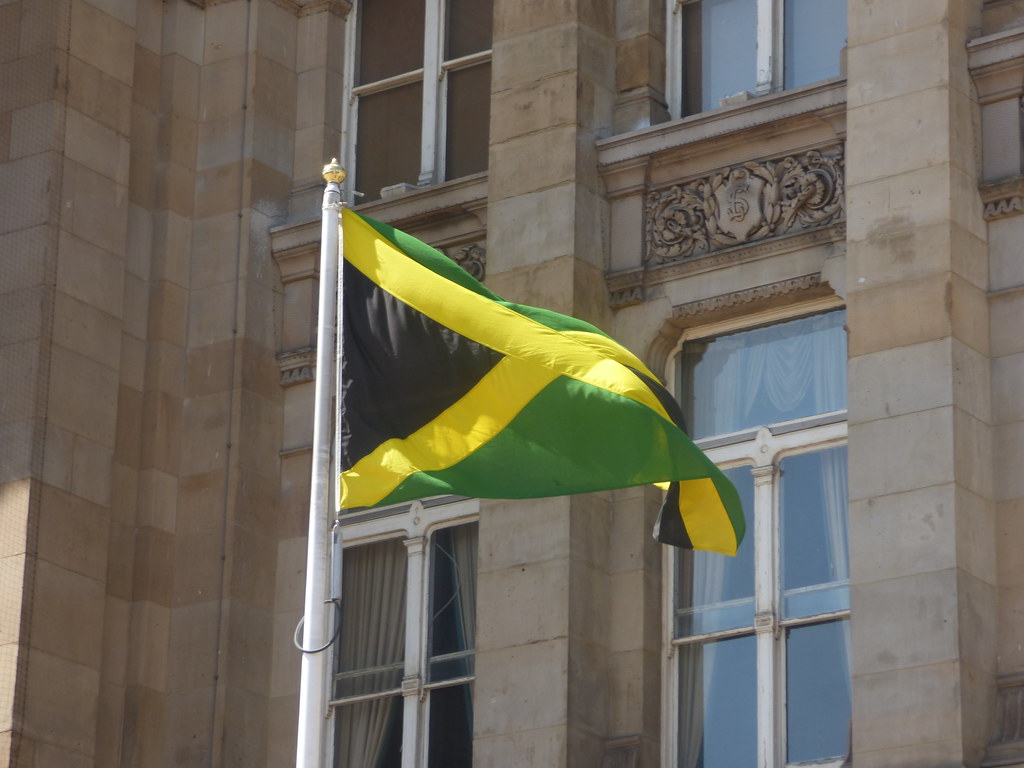
We have several major infrastructure projects, including hospitals, police stations, parks, courts, schools, highways, and housing that will begin in our 60th year to visually embody and represent our nation.
Equally, in our 60th year, we must confront the steady and persistent decline in national productivity over the last few decades, which is further compounded by an increase in productivity in competing countries within our region. This is not merely an economic issue, it is wrapped up in a general decline, in our work ethic, in our civility to each other, in our ability to reason and communicate in standard form, and our ability to resolve conflict without resorting to violence.
At the heart of the problem is our human capital development gap, and reforming the education system is key to the solution. The World Bank best explains the problem in its published Human Capital Index. In Jamaica, children who start school at age 4 can expect to complete an average of 11.4 years of school by their 18th birthday, however, what they actually learn represents only 7.1 years of learning.

We now have the Education Transformation Commission Report, completed in time for our 60th year, which will guide our efforts in the mission of building a first-class education system [that] will create productive and innovative citizens to drive the growth of our nation. If we accomplish nothing else in this decade, we must transform the education system and in this I am determined.
Much has been said about crime and, in particular, homicides. This year, all serious crimes, except homicides, trended down by eight per cent.
The JCF (Jamaica Constabulary Force) continues to build out their intelligence, investigative, and forensic capabilities and we see the evidence of this in the number of organised gangs being brought before the courts, the number of guns recovered, and the number of crime plots interrupted, including contract killings. We are also improving the capabilities of the JDF in controlling our maritime space and we are seeing evidence of this in the increased interdiction of drugs and other illegal traffic through our waters.
MOCA (Major Organised Crime and Anti-Corruption Agency) continues to build out its capabilities to investigate cybercrimes and other major organised [crime] and corrupt activities. It is important that these capacities be developed within our law enforcement agencies, as 70 per cent of murders are connected to some form of gang activity or organised crime.
Over time, the increased capabilities and effectiveness of our law enforcement agencies will narrow the space for criminals to operate.

85 per cent of all homicides in Jamaica are committed using an illegal firearm, meaning a gun that was brought into the country illegally, never registered in the national firearm database, and the owner was never put through a process to determine whether they are fit and proper. Legal firearms do not pose a criminal threat. It is the proliferation of illegal guns which must be addressed with new legislation to create the highest possible consequence and deterrence for acquisition, dealing, possession or use of an illegal firearm. Early this year, we will bring a new Firearms Bill to Parliament that will make it clear that the harshest consequences will flow from the possession of illegal guns.
Possessing an illegal weapon increases the means and likelihood of the possessor escalating to committing murder or other serious crimes. All Jamaicans should speak with one voice against the illegal possession of firearms.
Zones of Special Operations have worked very well in the communities in which they have been deployed. We will continue to expand the use of Zones of Special Operations to control crime and homicides in selected communities. The Enhanced Security Measures Bill is being refined and should be brought to Parliament in the next financial year.

This will further augment the crime-fighting powers of the police. In the interim, the JDF and the JCF will continue to deploy strategically, as best as possible, in static and dynamic operations to secure affected communities. In our 60th year, we must have a breakthrough in reducing homicides. I have committed to passing all the necessary legislation and providing the required resources to flatten the homicide curve.
We will prevail.
As we bid 2021 goodbye, we welcome the opportunities a new year presents, cognizant of the challenges, but filled with a spirit of hope, optimism and determination. Though we have been slowed by the pandemic, we have not been derailed, Jamaica is still on track. Hardships there are, but the land is green and the sun shineth. I wish for all Jamaicans, a happy, healthy, safe and prosperous 2022.
God Bless Jamaica.”

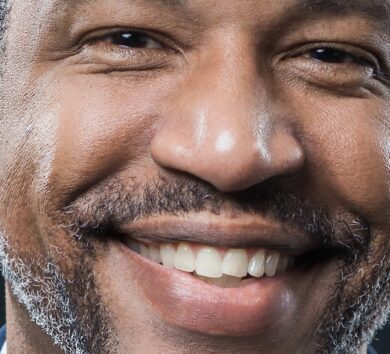
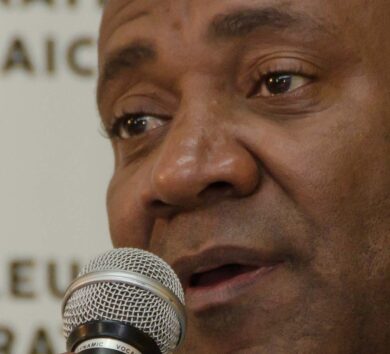
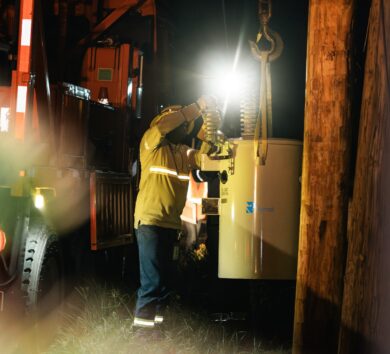
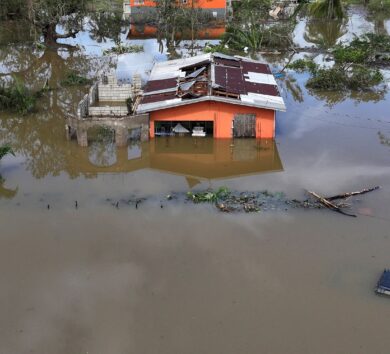
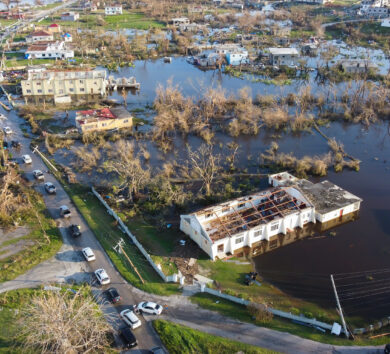
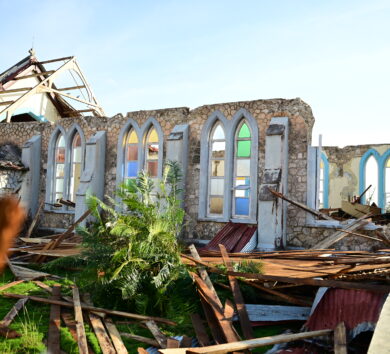
Comments